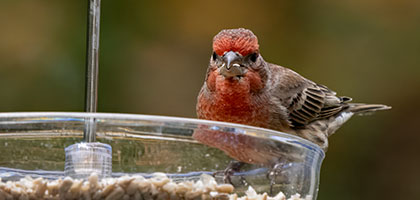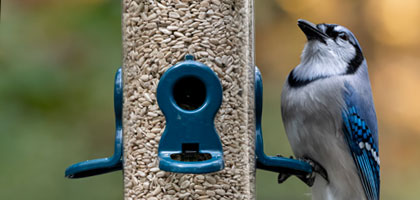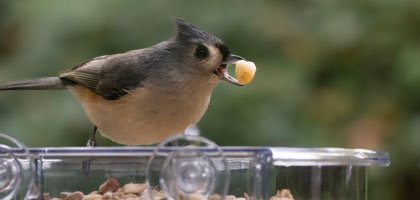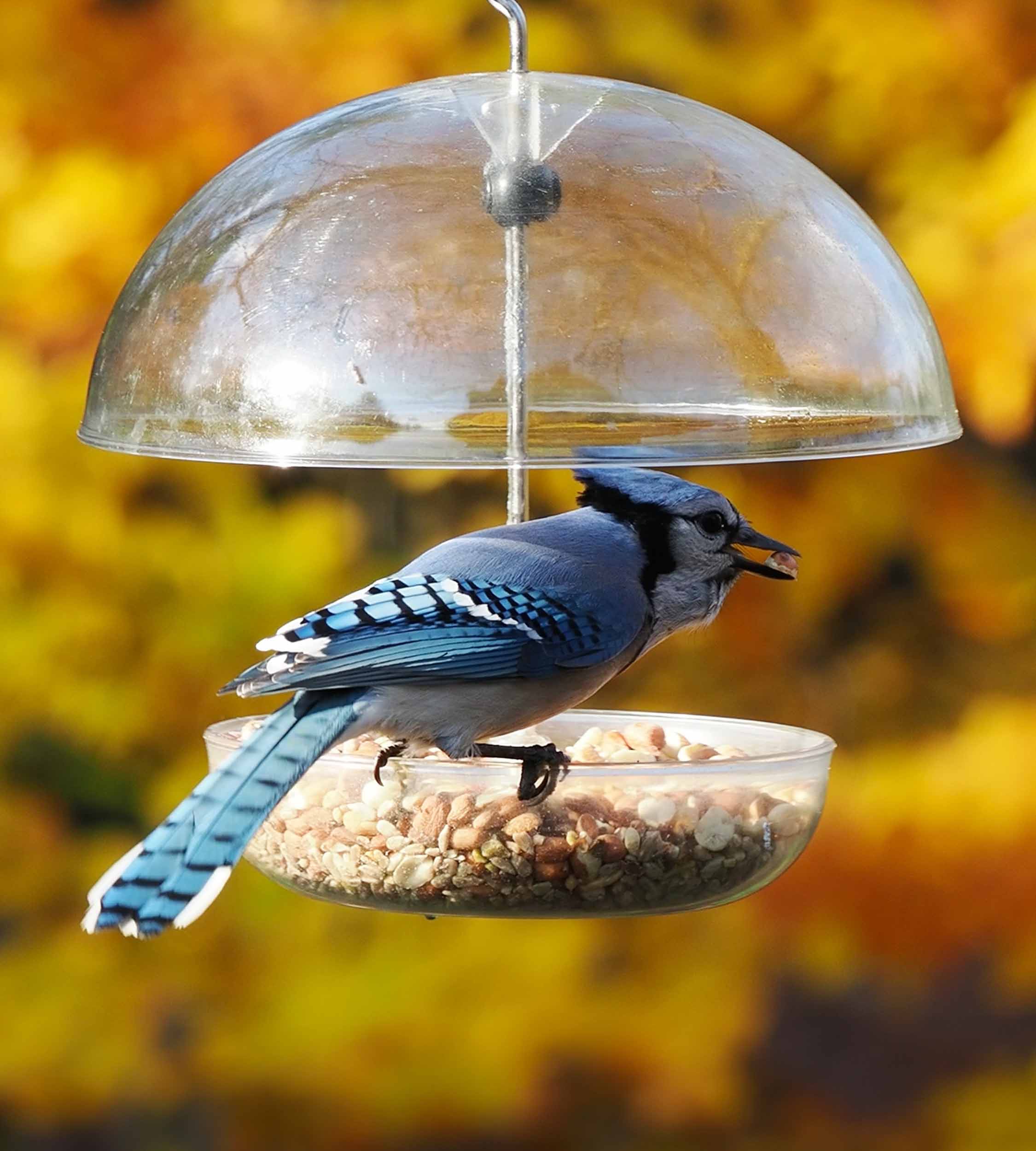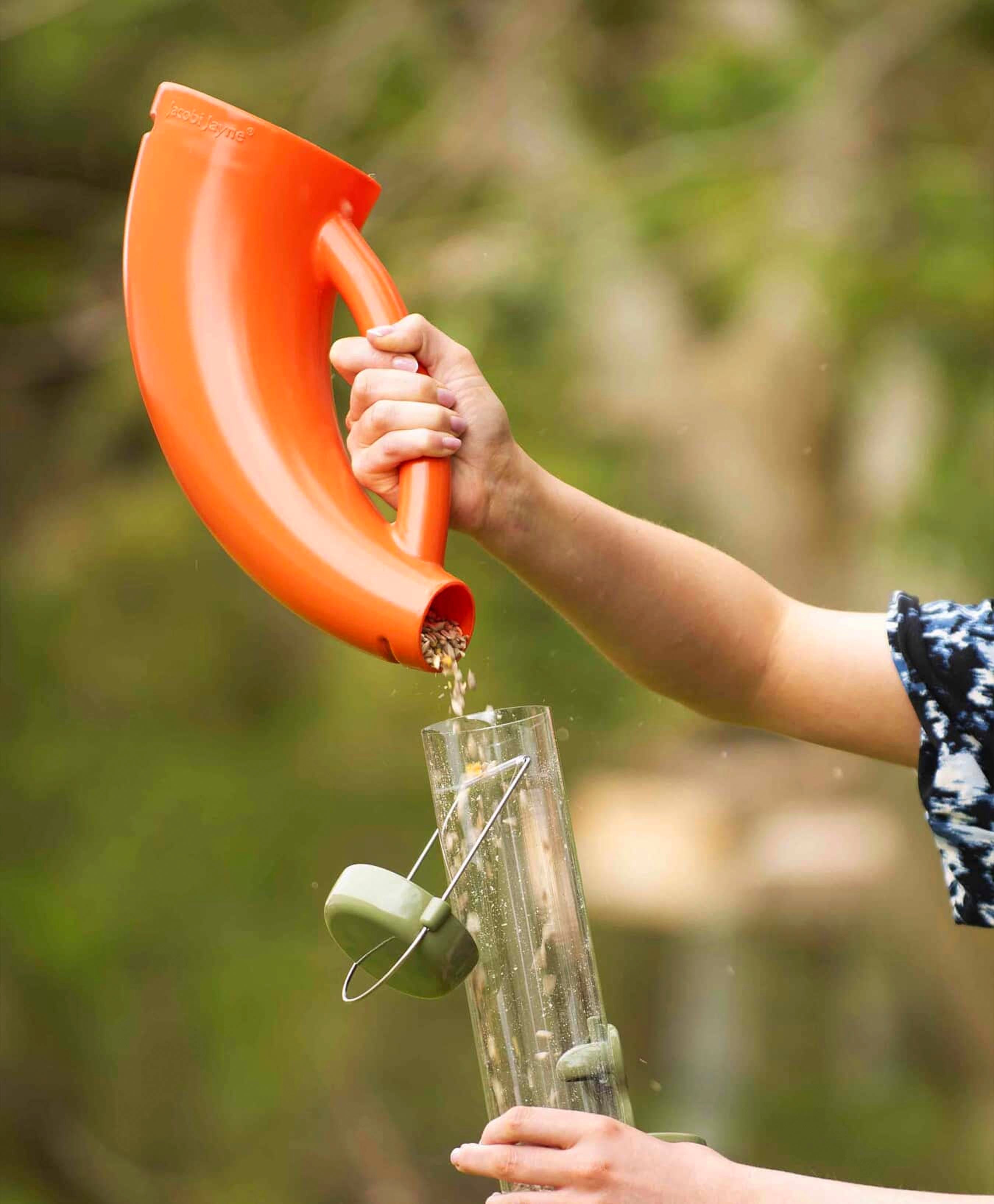Bird enthusiasts often wonder, "Are dried mealworms good for birds?" This question is not surprising, given the popularity of these tiny creatures as bird food.
Dried mealworms are packed with protein, a vital nutrient for birds. They're a convenient alternative to their live counterparts, offering easier storage and a longer shelf life.
However, like any food, they should be part of a balanced diet. Overfeeding can lead to nutritional imbalances and affect natural foraging behavior.
In this article, we'll delve into the benefits and considerations of feeding dried mealworms to birds. We'll also provide tips on how to properly offer them to our feathered friends.
Nutritional Benefits of Dried Mealworms for Birds
Dried mealworms are a powerhouse of essential nutrients. They're an excellent source of protein, which supports feather production and overall vitality. Additionally, they provide important energy, especially during periods when birds exert themselves more.
Here's why dried mealworms are beneficial:
- High in protein: Vital for growth and repair.
- Rich in B vitamins: Supports metabolism.
- Contains minerals and amino acids: Essential for bird health.
Offering these nutrients can particularly aid birds during breeding and cold months when energy needs increase.
How to Properly Feed Dried Mealworms to Birds
To ensure birds benefit fully, serving mealworms the right way is crucial. They can be mixed with other bird food or rehydrated for easier digestion.
Consider these feeding tips:
- Mix with seeds: Enhances nutritional variety.
- Use a specialized feeder: Prevents wastage.
- Rehydrate them: Makes them more palatable.
Avoid overfeeding mealworms, as moderation helps maintain a balanced diet. Offering mealworms alongside water will aid digestion and increase hydration. Be sure to observe how different birds react and adjust accordingly.
The Importance of a Varied Diet
Birds thrive on diverse nutrients, so a varied diet is essential. Relying solely on dried mealworms can lead to imbalances. Incorporate seeds, fruits, and other insects for a comprehensive nutritional plan.
A varied diet ensures birds receive essential vitamins and minerals. It supports their health and sustains energy levels throughout the year, promoting overall well-being.
Attracting Different Bird Species with Dried Mealworms
Dried mealworms can entice a wide array of bird species to your garden. They are particularly appealing to bluebirds, robins, and woodpeckers. These birds are drawn to the high protein content, especially during breeding season.
Sprinkling mealworms in strategic locations can boost birdwatching opportunities. Try different spots to see which species appear most often. It provides a chance to enjoy and study various birds right in your backyard.
Potential Risks and Considerations
While beneficial, dried mealworms should be fed in moderation. Overfeeding can cause nutritional imbalances in birds. It's important to incorporate mealworms as part of a balanced diet.
Birds may rely too heavily on mealworms and decrease their natural foraging efforts. Ensure dried mealworms are free of additives and preservatives to avoid potential health risks.
Best Practices for Storing and Offering Mealworms
Proper storage of dried mealworms ensures their safety and nutritional value. Keep them in a cool, dry place to prevent spoilage and mold.
Offering mealworms in designated feeders or mixing them with other bird foods can enhance feeding. Clean feeders regularly to maintain hygiene and prevent disease.
Conclusion: Enhancing Bird Health and Biodiversity
Dried mealworms are a beneficial addition to birds' diets, offering high protein and essential nutrients. When fed in moderation and combined with other foods, they support bird health and attract diverse species. By responsibly using mealworms, you contribute to avian well-being and enrich biodiversity in your area.
